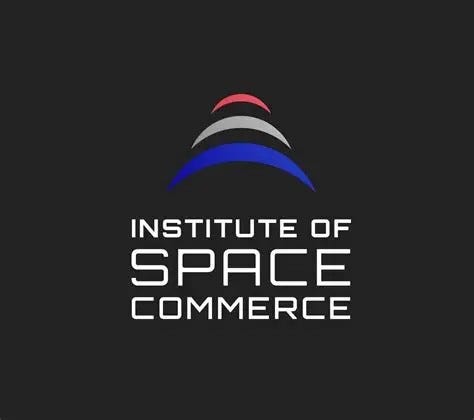The Institute of Space Commerce stands as a pivotal non-partisan think tank driving the intellectual foundation of America’s rapidly expanding commercial space economy. Founded as a 501(c)(3) non-profit organization and headquartered in Austin, Texas, the Institute has emerged as a critical voice in space commercialization policy and research, positioni…
Substack is the home for great culture




